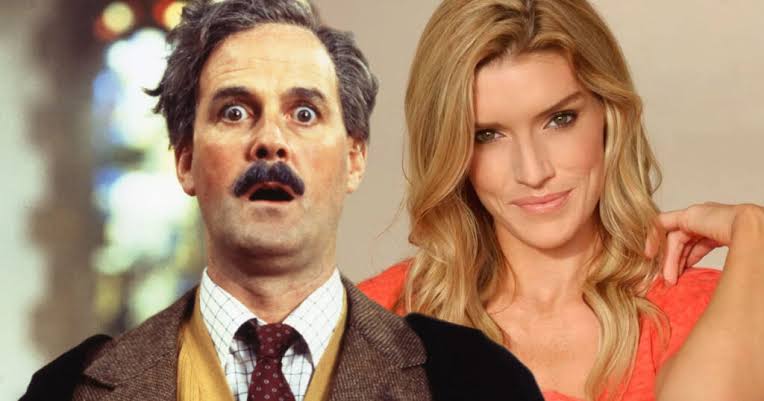Much loved 70’s comedy series Fawlty Towers is set for a reboot some 40 years later. The show which is considered to be the funniest British comedy of all time ran for four years on BBC and ended in 1979 but its reruns were still enjoyed by many well into the 80’s and 90’s.
The series revolved around the exploits of highly strung hotelier Basil Fawlty essayed by Cleese who runs the hotel together with his wife Sybil, played by Prunella Scales. Cleese now 83 will star in the reboot with his daughter Camilla.
New series of Fawlty Towers
The new series will explore how the dramatic and cynical Cleese navigates the modern world while running a boutique hotel. Actor Rob Reiner, his wife Michele Reiner, director and producer Matthew George and Derrick Rossi will all collaborate on the series.
“When we first met, he [Matt] offered an excellent first idea, and then Matt, my daughter Camilla and I had one of the best creative sessions I can remember. By dessert, we had an overall concept so good that, a few days later, it won the approval of Rob and Michele Reiner. Camilla and I look forward enormously to expanding it into a series,” said Cleese.
“John Cleese is a comedy legend. Just the idea of working with him makes me laugh. The original show, written by Cleese and Connie Booth, ran on BBC Two for two series in 1975 and 1979. In 2019, it was named the greatest British sitcom of all time by a panel of television experts for Radio Times magazine.
“However despite its success, Cleese has previously pushed back on the idea of reviving Fawlty Towers in a 2009 interview, the comedian, then aged 69, said the cast would never make another episode because they are “too old and tired”,” said Reiner.
The sitcom was remade in the United States three times, in 1979 as Chateau Snavely, in 1983 as Amanda’s and in 1999 as Payne but all three attempts were dismal failures.
Cleese is also well known for his role in the Monty Python comedy troupe.

